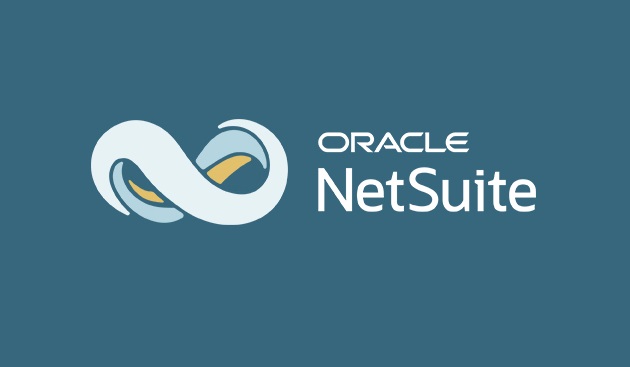The Internal Revenue Service has announced it has begun using voice and chat bots on two of its specialized toll-free telephone assistance lines and IRS.gov, enabling taxpayers with simple payment or collection notice questions to get what they need quickly and avoid waiting.
Taxpayers can still speak with an IRS telephone representative if needed.
“Our phone lines continue to see unprecedented demand, and the IRS continues to look for ways to help people and avoid long wait times,” said IRS Commissioner Chuck Rettig. “Our telephone representatives remain an important part of the service we provide, but these bots can help some people avoid lengthy phone delays for something that could be resolved on the spot. This is part of a larger effort to help people get the assistance they need this tax season.”
The IRS in recent weeks has deployed voice and chat bots in English and Spanish for phone lines that assist taxpayers with tax payments issues or understanding an IRS notice they may have received. People with general tax season questions generally will not encounter these features at this time. The bots are now available to help taxpayers with:
Voice bots are software powered by artificial intelligence (AI) that allow a caller to navigate an interactive voice response (IVR) system with their voice, generally using natural language. Chat bots simulate human conversation through web-based text interaction, also using AI-powered software to respond to natural language prompts. Taxpayers who request to speak with a customer service representative will be placed in queue for English or Spanish ACS telephone assistance.
The IRS voice and chat bots currently provide unauthenticated services, which means they cannot provide assistance with a taxpayer’s protected account information.
“Voice and chat bots interact with taxpayers in easy-to-follow ways, which means taxpayers don’t have to wait on hold to handle simple tasks, said Darren Guillot, Commissioner of Small Business/Self Employed Collection at the IRS.
Later in 2022, IRS voice bots will also enable taxpayers to authenticate their identity to establish payment plans, request a transcript and obtain information about their accounts, such as payoff details. The IRS plans to roll out more voice and chat bots later in 2022 to assist taxpayers with more complex issues. IRS toll-free telephone lines receive millions of calls a year.
A customer service representative spends on average nearly 20 minutes with each taxpayer they help on a collection issue. Freeing up IRS phone assistors for taxpayers with complex collection issues who need to speak with someone is another major benefit of voice and chat bots. In addition to the payment lines, voice bots helped people calling the Economic Impact Payment (EIP) toll-free line, providing general procedural responses to frequently asked questions.
The IRS also added voice bots for the Advance Child Tax Credit toll-free line in February to provide similar assistance to callers who need help reconciling the credits on their 2021 tax return.
The IRS also reminds taxpayers about numerous other self-service options that are available.
Thanks for reading CPA Practice Advisor!
Subscribe Already registered? Log In
Need more information? Read the FAQs
Tags: Artificial Intelligence




